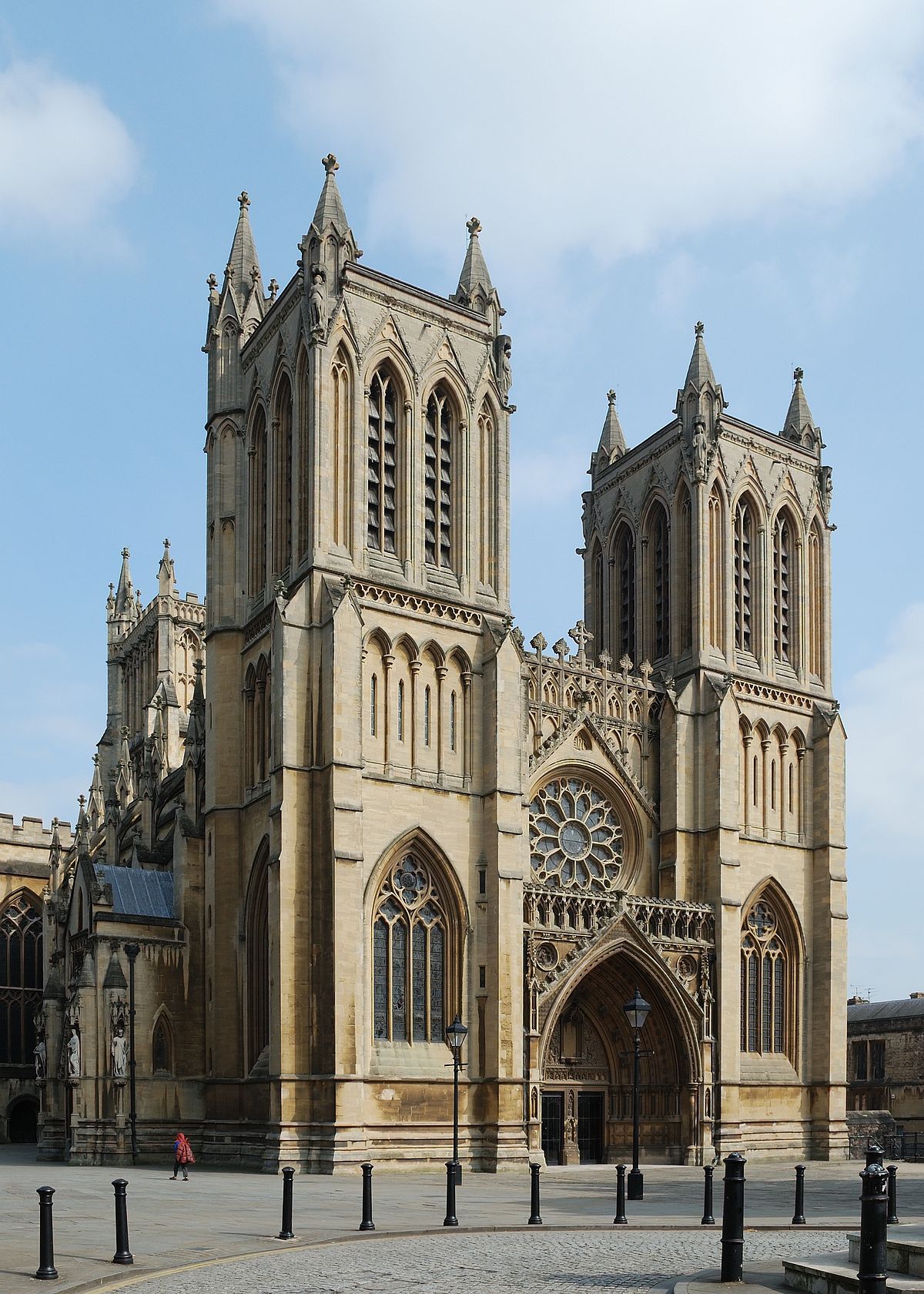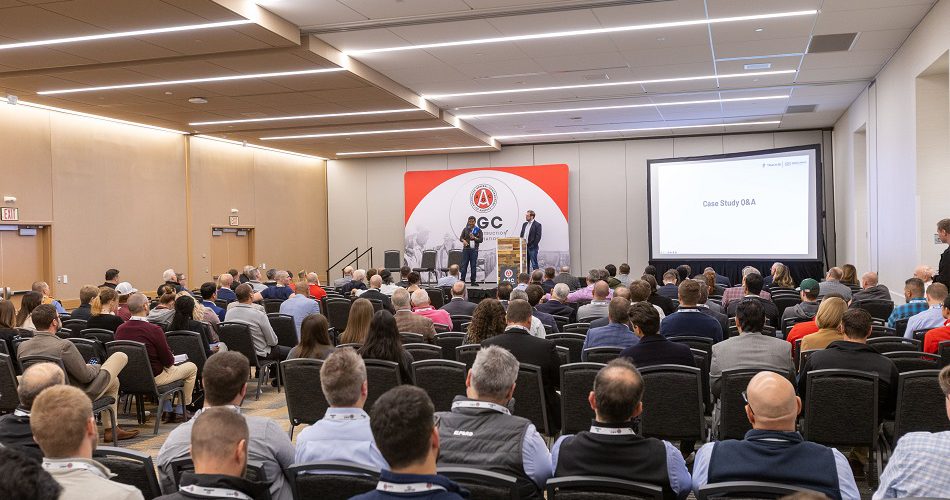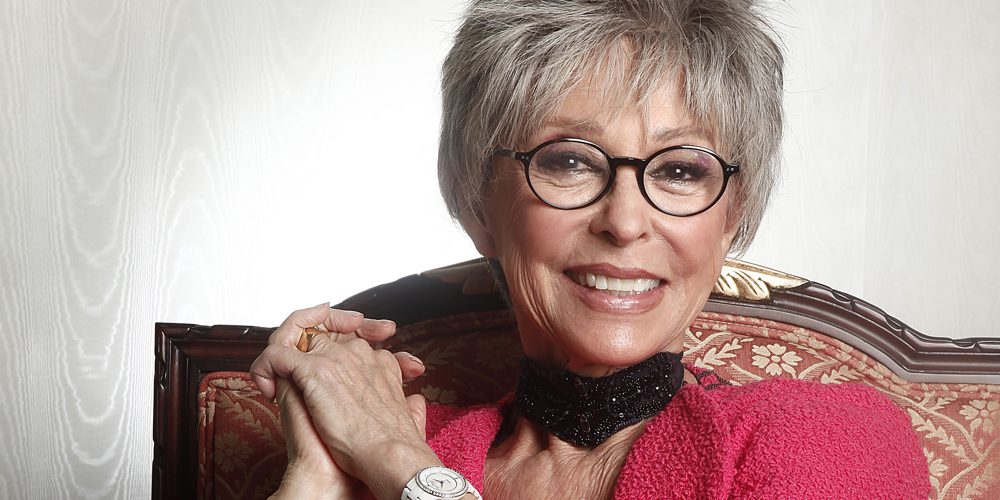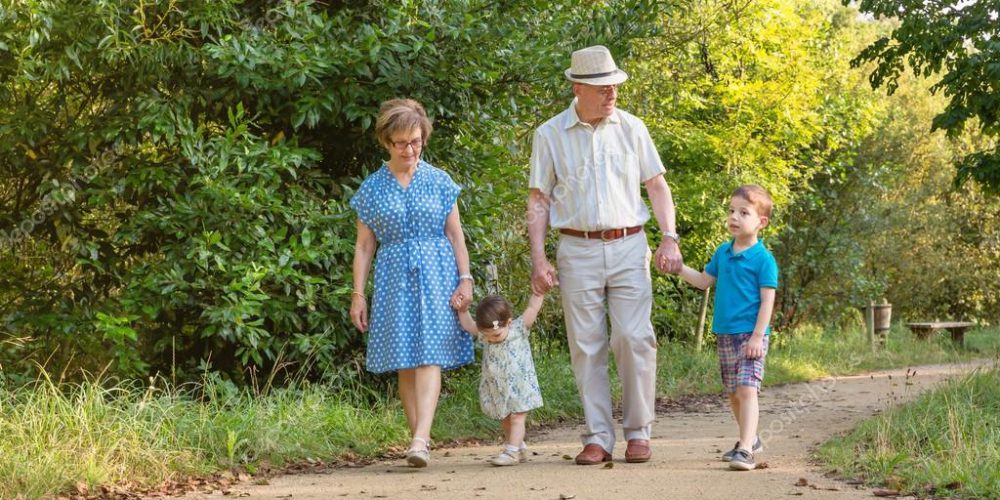More than half of British people are non-religious, study says

The number of Britons who say they have no religion has hit a record high, new data has revealed.
More than half of the British public (53 per cent) say they are not at all religious – a figure that has increased by five percentage points since 2015 and by 19 percentage points since 1983, when just three in 10 people deemed themselves non-religious.
The news has prompted fresh calls for the Government to cut the amount of public money going to the church and reduce its influence in society.
The decline in religious affiliation is hitting the Church of England particularly hard, with the number of people considering themselves Anglican having halved since 2000 – at just 15 per cent. Young people were particularly underrepresented, with just 3 per cent of those aged 18-24 describing themselves as Anglican, compared with 40 per cent of those aged 75 and over.
Just over four in 10 people said they followed some form of Christianity, while around one in 20 people in the UK said they belong to non-Christian religions, with 3 per cent describing themselves as Muslim, 2 per cent Hindu and 1 per cent Buddhist.
The figures, collated from a survey of 2,942 adults in Britain by the National Centre for Social Research (NatCen), mark the first time the proportion of non-religious Britons has risen since 2009, when the number of people saying they had no religion hit 51 per cent. Prior to that, a gradual increase between 1983 and 2009 saw the figure rose from 32 per cent to 51 per cent.
More than seven in 10 (71 per cent) of young people aged 18-24 saying they had no religion in 2016, up from 62 per cent in 2015, the figures show. Four in 10 people aged 65-74 meanwhile said they had no religion – with this figure dropping to 27 per cent for those aged over 75.
While there has been a decline in people classing themselves as Anglican Christians, the proportion of people describing themselves as Catholic remained relatively stable over the past 30 years – at around one in 10.
It comes after figures last year showed that Church of England had lost more than 100,000 worshippers in a decade, with attendance falling an average of 1 per cent each year and 11 per cent since 2005.
Analysis of figures showed that for the first time, more people were being educated in state-funded Church of England schools, attending compulsory collective worship every day, than attend Church of England churches each week.
An average of 980,000 people attended church each week in 2014, the figures showed, down from the 1,009,100 initially calculated for 2013. Meanwhile, Department for Education statistics showed that 1,027,584 children were enrolled at Church of England schools in 2014, surpassing the figure for weekly church attendance for the first time.
Just under one in seven (16 per cent) of all school places in England are subject to religious admission criteria, and both Church of England research and independent polling have revealed that a large number of parents attend church simply to get their children into their local school.
Roger Harding, head of public attitudes at NatCen, which carried out the research, said: “This increase follows the long-term trend of more and more of us not being religious. The differences by age are stark and with so many younger people not having a religion it’s hard to see this change abating any time soon.
“The falls in those belonging to the Church of England are the most notable, but these figures should cause all religious leaders to pause for thought. “
































